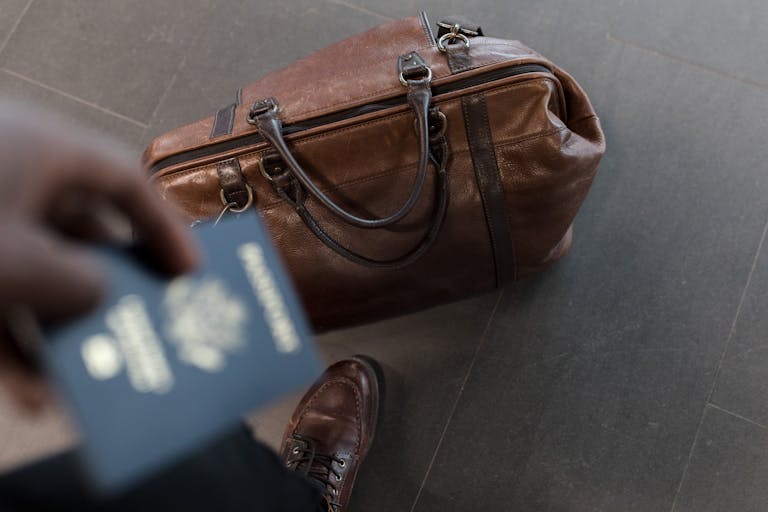This is a premium article written by one of our experts.
Check out

Growing Your Own Food in Ghana: Reviving Ancestral Food Traditions for a Sustainable Future
Key Takeaways Growing your own food in Ghana provides more than nourishment—it honors ancestral food traditions, supports sustainability, and strengthens cultural identity. For urban dwellers and members of the African diaspora, gardening is a powerful…

Ghanaian Citizenship by Marriage: Step-by-Step Application Guide
This is a premium article written by one of our experts. Upgrade to Navigator or Pathfinder read the full article

Essential Tips for Buying Land in Ghana: Navigating Rainy Season Risks and Flood Zones
Many buyers are shocked to discover their plot of land, purchased during Ghana’s dry season, becomes a waterlogged nightmare by July. Seasonal flooding not only diminishes property value but can also render land unusable or cause costly structural damage. Yet, many overlook this risk entirely due to a lack of comprehensive due diligence.

Strategic Investments in Ghana: 3 Ways Diasporans Can Hedge Against USD Volatility
This is a premium article written by one of our experts. Upgrade to Navigator or Pathfinder read the full article

How to Travel to Ghana for the First Time – Timeline, Cost & Real-Life Example
This is a premium article written by one of our experts. Upgrade to Navigator or Pathfinder read the full article

Ghana Visa on Arrival: Essential Facts & Common Pitfalls to Avoid
This is a premium article written by one of our experts. Upgrade to Navigator or Pathfinder read the full article